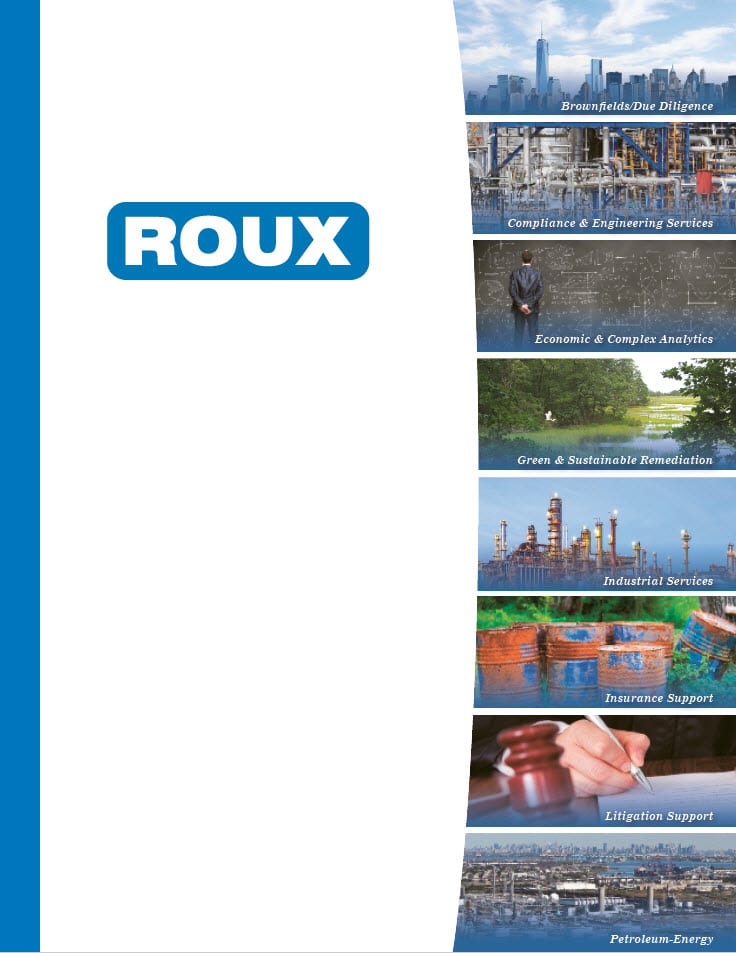Documenting/Evaluating COVID-19 Loss Claims
Evaluating COVID-19 Loss Claims: Proactive Steps Insurers and Insureds Should Consider
Insurance and other contracts may allow affected businesses to recover all or a portion of specific losses sustained from the COVID-19 pandemic. While submitting a sparsely documented claim without careful consideration of underlying contract provisions may seem efficient, the trade-off is often an extended and more intensive resolution process. Further, well-documented claims are less likely to advance to costly and time-consuming litigation. Reducing the time and direct cost of reviewing and assessing loss valuations is in the interest of both parties. Here, we highlight steps insurers and insureds can be taking to facilitate the claim resolution process.
What if COVID-19 losses are not compensable?
Disputes will undoubtedly arise over classification of COVID-19 impacts that determine whether the underlying contract compensates the loss. When catastrophes occur, ad hoc government action may even circumvent existing contracts. For example, Bill A3844 would require insurers of eligible New Jersey businesses to cover business interruption losses caused by a global virus or pandemic. Whether losses are covered is often beyond the parties’ control. What parties can do is act now to help ensure documenting and supporting a loss claim does not cause either party an undue burden in the claim resolution process.
Why should parties act now?
Providing complete and careful support for loss claims can significantly reduce efforts by both parties in identifying disputed and undisputed areas of the valuation. Claimants may see quicker advance payments allowing recovery of critical cash flow. Indemnifying parties can more easily manage uncertainty in reserving adequate funds for the claim. Quickly isolating disputed areas of the valuation should reduce time to final resolution. Finally, carriers will benefit from an ability to rapidly assess valuation and request any additional documentation at a time when they can expect extraordinarily high volume.
What steps can be implemented now?
Based on Roux’s experience valuing loss claims, the following are steps businesses can take now to facilitate documenting and supporting COVID-19 claims. Carriers may benefit from communicating these and their own expectations of businesses during early communications about a loss.
- Communicate early and often with the other party.
- Document the claim as the loss happens.
- Collaborate to develop a written narrative of the loss.
- Establish a dedicated general ledger expense account to track unique expenses.
- Set up a mechanism for organizing documents underlying accounting reports and transactions unique to the loss event.
- Actively look for opportunities and document steps taken to mitigate income losses.
- Develop data supporting alternative benchmarks for establishing income “but-for” COVID-19.
Special considerations for supporting loss claims during catastrophic events
Determining lost income when a business is affected by a unique or isolated loss event is one thing—determining a business’ unique loss when an event impacts entire industries and markets is another. Valuing lost income during catastrophic events can be highly complex, and depend on underlying contract provisions, case law, and even ad hoc legislation.
Please feel free to complete the form below if you are interested in learning more about this topic, or finding out how experts within Roux’s Economic & Complex Analytics practice can support you.
